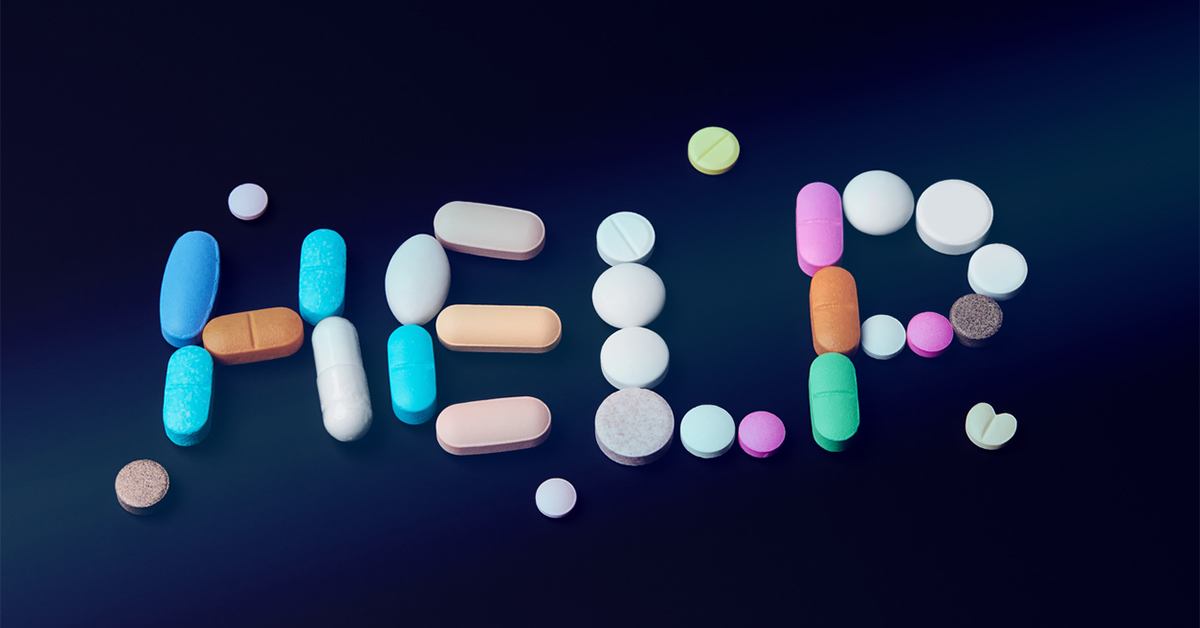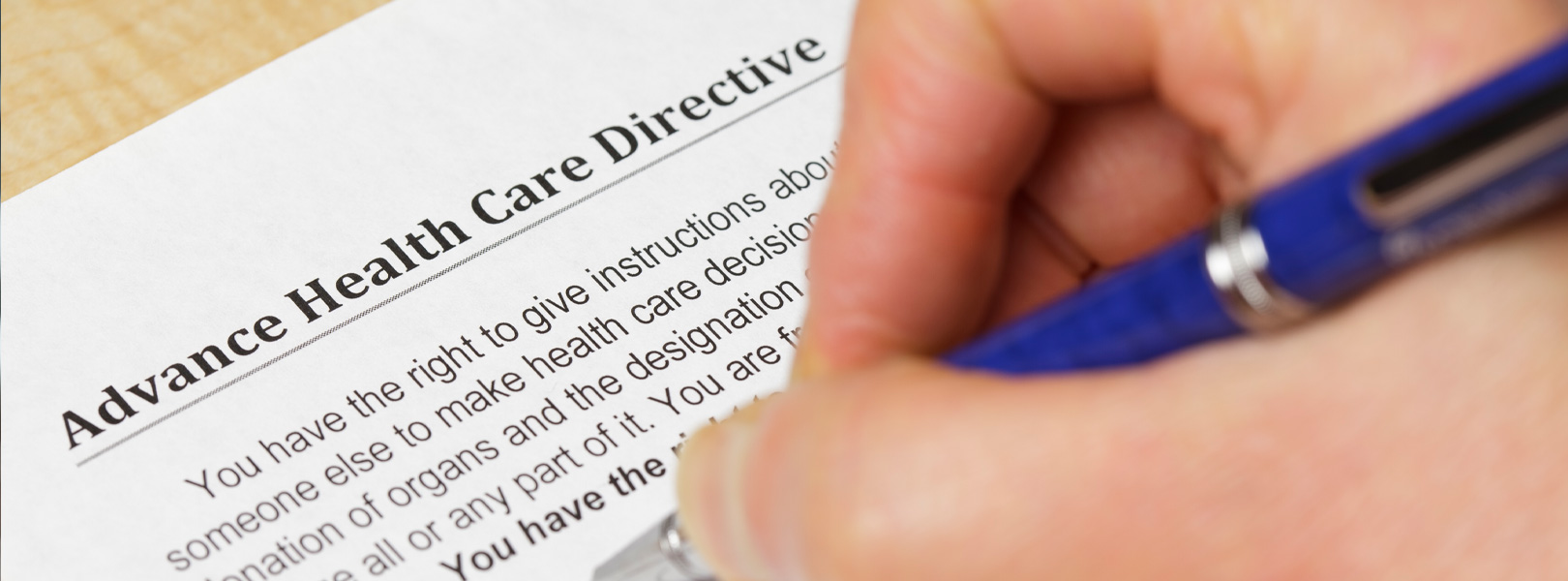Addiction is a complex disease characterized by uncontrollable drug use despite harmful consequences. Overcoming addiction is a challenging journey, often requiring a combination of various approaches. Medication-assisted therapy (MAT) has emerged as a powerful tool in the fight against addiction, offering individuals a path toward recovery and improved overall well-being.
What is Medication-Assisted Therapy (MAT)?
MAT is a comprehensive treatment approach that combines medications approved by the Food and Drug Administration (FDA) with behavioral therapy. The medications used in MAT work by reducing cravings and withdrawal symptoms associated with substance use, allowing individuals to focus on the therapeutic aspects of treatment.
How does MAT work?
The specific medications used in MAT vary depending on the individual’s needs and the type of addiction they are facing. Some commonly used medications include:
- Methadone: A powerful, long-lasting opioid medication that helps people overcome opioid cravings and withdrawal symptoms.
- Buprenorphine: An opioid medication that activates brain receptors similarly to other opioids but with a lower risk of overdose compared to stronger ones like methadone.
- Naltrexone: A medication that blocks the effects of opioids, preventing the feeling of euphoria, or “high,” associated with opioid use.
Follow the links above for detailed information on each medication. Source: The Substance Abuse and Mental Health Services Administration (SAMHSA), an agency within the U.S. Department of Health and Human Services, leads public health efforts to advance the behavioral health of the nation.
While medication plays a crucial role in managing the physical aspects of addiction, it is important to understand that MAT is not simply a medication-based solution. Behavioral therapy remains an essential component of the treatment process. This can involve individual or group therapy sessions, where individuals learn coping mechanisms, relapse prevention strategies, and develop healthy life skills.
Benefits of MAT
MAT offers several advantages over traditional treatment approaches:
- Reduces cravings and withdrawal symptoms: By alleviating the physical discomfort associated with quitting drugs, MAT helps individuals stay engaged in treatment and lowers the risk of relapse.
- Improves treatment outcomes: Studies have shown that individuals who receive MAT with behavioral therapy are more likely to achieve long-term recovery than those who receive only one form of treatment.
- Increases retention in treatment: By addressing the physical challenges of withdrawal, MAT can help individuals stay motivated and committed to their recovery journey.
- Reduces risk of overdose: Medications like naltrexone can prevent individuals from experiencing the full effects of opioids, potentially reducing the risk of overdose in case of relapse.
- Improves overall health and well-being: By addressing addiction, MAT can also improve an individual’s physical and mental health, allowing them to function more effectively in their daily lives.
” As a social worker, I see the immense pain addiction causes, not just to individuals but to their loved ones. Medication-assisted therapy isn’t a magic bullet, but it can be a powerful tool on the path to healing. We can help people reclaim their lives, one step at a time. “
Jen Peterson, MSW, LICSW
Welia Health Social Services
Misconceptions about MAT
Despite its effectiveness, MAT is sometimes met with misconceptions and stigma. It’s important to clarify some common myths associated with MAT:
| Myth | Reality |
|---|---|
| MAT is simply substituting one drug for another. | The medications used in MAT work differently than the drugs of abuse, aiming to reduce cravings and withdrawal symptoms, not produce a “high.” |
| MAT can lead to dependence on the medication. | While dependence on the medication used in MAT can occur, it is generally preferable to the dependence and harmful consequences associated with the original drug of abuse. |
| MAT is not effective for long-term recovery. | Studies have shown that MAT, when combined with behavioral therapy, can be a successful long-term treatment approach for addiction. |
Finding help with MAT
If you or someone you know is struggling with addiction, MAT can be a valuable tool on the path to recovery.
Start with Welia Health
At Welia Health, we have a team of healthcare providers trained to prescribe medication to help individuals overcome opioid addiction. Members of Welia Health’s care team and a physician will meet with you to assess your suitability for the program. If you are a suitable candidate, a plan of care will be developed with you and members of the team.
If you or someone you know has concerns with opioid or other prescription pain medication addiction, contact Welia Health’s controlled substance care team at 1.800.245.5671 or 320.679.1313.
Additional resources
- Better Together Coalition of Kanabec County: better2gether.me
- Pine County: Substance Use Disorder Resources
- Minnesota Department of Health: Resources for alcohol, drugs and addiction
- The National Alliance on Mental Illness (NAMI): https://www.nami.org/Home
- The Substance Abuse and Mental Health Services Administration (SAMHSA): https://www.samhsa.gov/
- National Institute on Drug Abuse (NIDA): https://nida.nih.gov/research-topics/opioids
By seeking professional help and exploring treatment options like MAT, individuals struggling with addiction can find the support and resources they need to build a healthier and happier life. Remember, recovery is possible, and you are not alone.




